What is Digital Marketing? And What are The Key Elements of Digital Marketing?
Digital Marketing is also known as online marketing. Digital marketing refers to the practice of promoting brands to engage with potential customers through the Internet and various digital communication platforms. This includes not only email, social media, and web-based advertising, but also the use of text, navigating the modern business landscape, and multimedia messages as effective marketing channels. In the ever-changing world of business, where the digital realm is an essential & supreme tool, the art and science of marketing have experienced a remarkable transformation. Digital marketing, a multifaceted approach that uses online platforms and technology, has become the foundation of modern business strategies.
The main objective of digital marketing is to include a wide range of strategies aimed at connecting with customers through digital channels. These strategies include various elements including search engines, social media, email campaigns, and content marketing.
Basic Elements of Digital Marketing
1. Search Engine Optimization (SEO): SEO is a fundamental pillar that increases a website’s visibility on search engine result pages. It involves optimizing content, keywords, and website structure to achieve higher organic rankings. This strategic approach ensures the survival of online platforms among huge competitors.
2. Content Marketing: Engaging storytelling and informative content are critical in driving engagement and increasing brand loyalty. Content marketing creates valuable and relevant content to attract and retain a clearly defined audience, which ultimately leads to profitable consumer action.
3. Social Media Marketing: By harnessing the power of social media platforms like Facebook, Instagram, Twitter, Youtube, LinkedIn, and Tumblr, marketers can build a strong brand identity. It serves as a powerful means for direct conversational interaction and effective customer relationship management.
4. Email Marketing: The impact of email marketing has evolved along with the advancement of technology and its users are increasing day by day. Using strategic campaigns, personalized messages, and targeted newsletters, businesses can establish direct contact with customers, increase loyalty, and drive conversions.
5. Advertising (PPC Marketing): Advertising is a marketing communication that employs an openly sponsored, non-personal message to promote or sell a product, service, or idea, sponsors of advertising are typically businesses wishing to promote their products or services.
6. Affiliate Marketing: Affiliate marketing is where a company pays some money in exchange for third-party partners to promote products and services and generate business.
7. Video Marketing: Video marketing is an effective digital method that uses video content to promote, engage, and connect with specific audiences. It includes the creation and distribution of videos across various online platforms to convey a brand’s message, showcase products or services, engage consumers or entertain audiences, and drive engagement across digital and social channels..
8. Website Marketing: Website marketing means promoting a business website to engage more visitors to the site.
In conclusion, digital marketing serves as a tool for businesses to navigate the complexities of the modern market. Its versatility, adaptability, and global reach enable brands to connect with audiences, increase engagement and drive growth. To succeed in the digital age, businesses need to embrace digital marketing as well as master its strategies.

